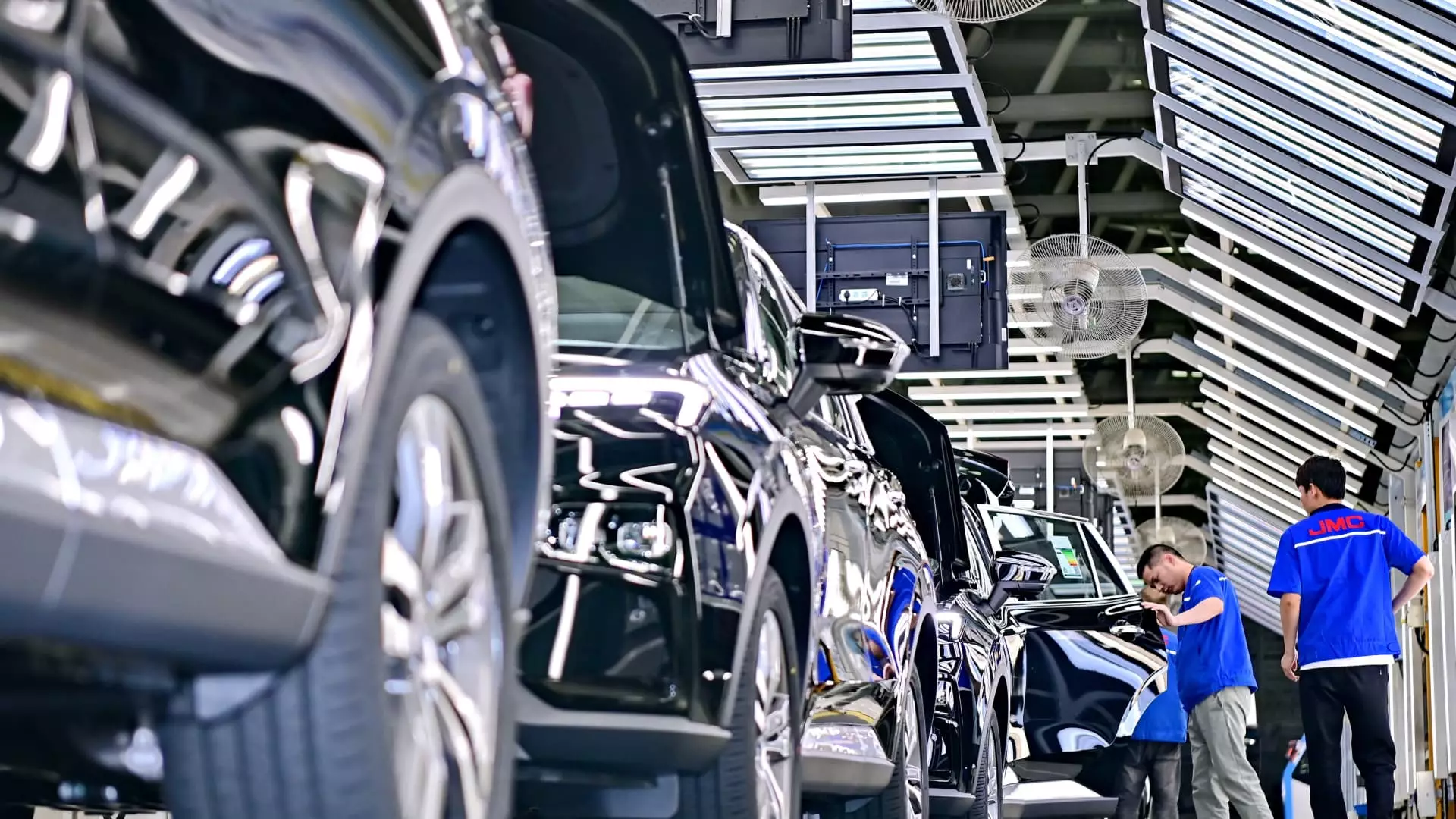China is currently in discussions with the European Union regarding the planned tariffs for imported Chinese electric cars. The European Commission threatened to impose additional duties on Chinese EVs if the talks did not progress well by the deadline. Both parties are hopeful of reaching an agreement soon to avoid any disruptions in trade.
Chinese Commerce Ministry spokesperson, He Yadong, emphasized the importance of cooperation and mutual understanding between China and the European Union. He urged the EU to demonstrate sincerity and accelerate the consultation process to find a resolution that is agreeable to both sides. The goal is to find a compromise that aligns with the existing rules and the reality of the situation.
Opposition to Anti-Subsidy Probe
China has expressed its opposition to the European Union’s anti-subsidy probe into Chinese electric vehicle production. The Chinese government has invested significantly in developing the new energy vehicle industry, including hybrid and battery-only cars. This investment has led to rapid growth, with companies like BYD exporting vehicles to Europe and other regions.
A History of Investment
Over the past decade, China has invested over $230.8 billion in its electric car industry. This substantial financial support has been crucial in driving the growth and success of the sector. The government’s commitment to promoting electric vehicles has positioned China as a global leader in the industry, with significant advancements in technology and production capabilities.
Both China and the European Union have engaged in multiple rounds of talks at a technical level to address the ongoing issues related to tariffs and subsidies. While progress has been made, there is still work to be done to find a mutually acceptable solution. The dialogue between the two parties is ongoing, with the hope of reaching a resolution before any definitive measures are implemented.
The negotiations between China and the European Union regarding tariffs on Chinese electric cars are crucial for the future of the new energy vehicle industry. Both parties must work together to find a compromise that supports fair trade practices and promotes continued growth and innovation in the sector. It is essential for the global market that discussions continue in a constructive manner, leading to a mutually beneficial outcome for all stakeholders involved.

